Research
WTSC has a wealth of information made fully available to the public for research purposes.

Genetics
Advances in genetic research help Washington turfgrass seed producers grow the latest varietals coupled with the ability to fight disease, stress, and perform to the highest standards.
Weed Control
Weed-free fields deliver weed-free seed at harvest. Research on controlling weeds during production helps Washington turfgrass seed producers deliver clean, genetically pure seed.

Disease Control
Disease control during production is imperative to ensure high-quality seed with maximum germination rates. Research helps Washington turfgrass seed producers develop best management practices to grow the finest product possible.

Water Use and Drought Tolerance
Research on drought tolerance and water use allows Washington turfgrass seed producers to grow seed that produces sustainable lawns and green spaces that stand up to drought and use less water.

Social and Climate
Social and Climate research helps Washington turfgrass seed producers understand the perception of natural turfgrass and the direct and indirect challenges to our society and environment.
Washington turfgrass seed commission
Research Publication Search
Use the tool below to search research publications from the past decade, or scroll to discover reports by category.

Genetics
New advances in genetic research help Washington turfgrass seed producers grow the latest varietals with the ability to fight disease, stress, and perform to the highest standards.
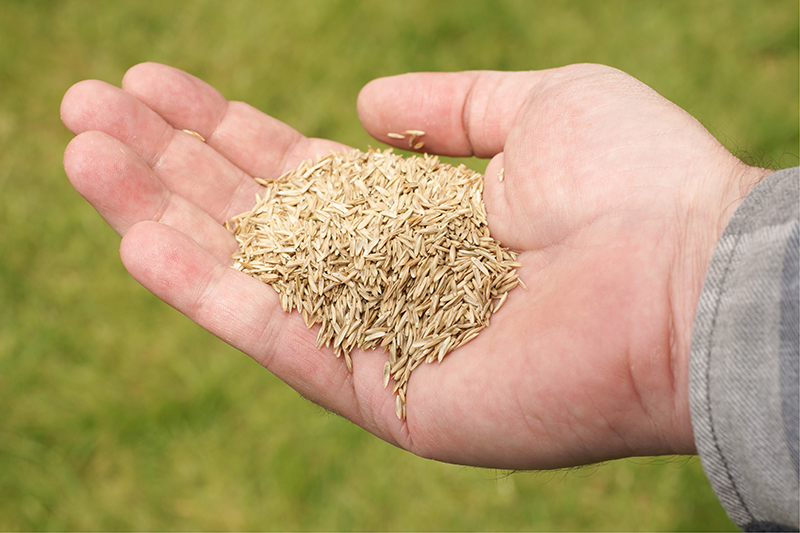
Characterization of vernalization genes and flowering in Kentucky Bluegrass (2021)
More Info
The Ergot Alert Network is limited in the scope and number of locations that can be monitored due to equipment costs, labor, and time restrictions. We hypothesized that a citizen science approach can overcome these logistical and technical limitations and empower growers to conduct
spore trapping and detection in their own fields.
Characterization of vernalization genes and flowering in Kentucky Bluegrass (2020)
More Info
The KBG genome has been fully sequenced by our collaborator Dr. Shaun Bushman by using the sequencing method PacBio. An apomictic off-type, which underwent meiosis but not fertilization…
Characterization of vernalization genes and flowering in Kentucky Bluegrass (2019)
More Info
In the first year of this project, John Hadish, a rotating Molecular Plant Sciences (MPS) graduate student cloned fragments of two flowering time genes, VRN1 and VRN3, from the KBG genome…
Characterization of vernalization genes and flowering in Kentucky Bluegrass (2018)
More Info
In the first year of this project, John Hadish, a rotating Molecular Plant Sciences (MPS) graduate student cloned fragments of two flowering time genes, VRN1 and VRN3, from the KBG genome…
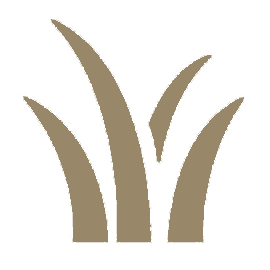
Weed Control
Weed-free fields deliver weed-free seed at harvest. Research on controlling weeds during production helps Washington turfgrass seed producers deliver clean, genetically pure seed.
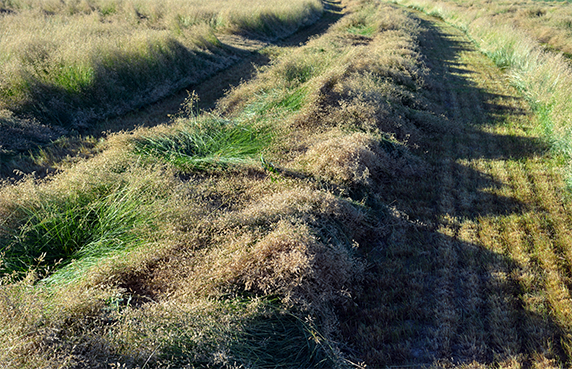
Integrating New Tools for Grass Weed Control in Kentucky Bluegrass and Perennial Ryegrass (2020)
More Info
In the fall of 2019 and in 2020, multiple field trials were conducted to study Zidua (pyroxasulfone), Alion (indaziflam), Axial Bold (fenoxaprop plus pinoxaden), and Outrider (sulfosulfuron) for grass weed management….
Integrating New Tools for Grass Weed Control in Kentucky Bluegrass and Perennial Ryegrass (2019)
More Info
In 2017, 2018, and 2019, multiple field trials were established to examine the effects of field applications of GA on grass weed seed germination and seedbank depletion during establishment and to identify….
Integrating New Tools for Grass Weed Control in Kentucky Bluegrass and Perennial Ryegrass (2018)
More Info
In August and September of 2017, multiple field trials were established to examine the effects of field applications of GA on grass weed seed germination and seedbank depletion during establishment and to identify….
Integrating New Tools for Grass Weed Control in Kentucky Bluegrass and Perennial Ryegrass (2017)
More Info
Two field trials evaluating herbicide options for annual grass weed control in Kentucky bluegrass and perennial ryegrass (Columbia River Seed) were planted in August; one at the WSU research station in Central Ferry, WA and the WSU research station…
Weed Research in Kentucky Bluegrass and Perennial Ryegrass Seed Production (2015)
More Info
A field trial evaluating herbicide options for annual grass control in Kentucky bluegrass and perennial ryegrass new seedings was planted Aug. 19, 2014. Perennial ryegrass and Kentucky bluegrass were seeded with a cone seeder in six inch rows at 6 lbs seed/acre…

Disease Control
Disease control during production is imperative to ensure high-quality seed with maximum germination rates. Research helps Washington turfgrass seed producers develop best management practices to grow the finest product possible.
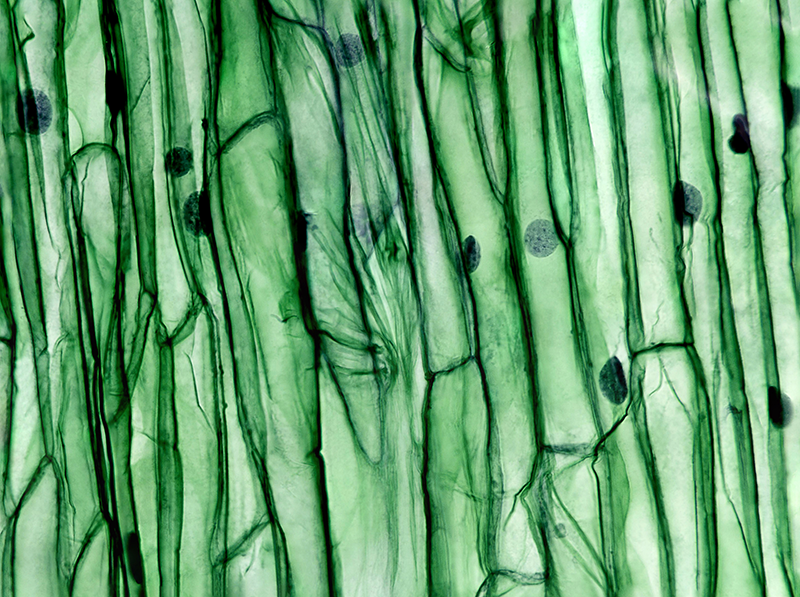
Integrated Disease Management of Ergot in Kentucky Bluegrass (2020)
More Info
Our first objective was to screen novel fungicide chemistries for ergot control during anthesis. Ergot incidence and severity was low in field plots at both locations and a significant effect of fungicide treatment was not detected in either trial, but a few trends were observed at both locations.
Integrated Disease Management of Ergot in Kentucky Bluegrass (2019)
More Info
For the first year of validation, 238 data points were collected and analyzed. Overall, 91.6% of the data points agreed between rotating-arm spore samplers and the standard Burkard spore samplers. Sampling height was not a significant factor affecting sampling efficiency…
Integrated Disease Management of Ergot in Kentucky Bluegrass (2018)
More Info
Ergot can be a serious disease in Kentucky bluegrass and perennial ryegrass seed crops. Currently only two fungicide chemistries are labeled for ergot and can be applied multiple times in a season for ergot and other diseases. New fungicides would provide grass…
Integrated Disease Management of Ergot in Kentucky Bluegrass (2017)
More Info
Data collected from field trials over three years suggest Priaxor® is effective at reducing ergot control in grass seed crops; several other fungicides also have the potential to reduce ergot. A large amount of variability was observed among plots treated…
Integrated Disease Management of Ergot in Kentucky Bluegrass (2016)
More Info
Our research focus is to develop a comprehensive, multi-tactic IPM program for ergot in grass seed crops that incorporates chemical controls, biological controls, host plant resistance, and disease modeling. Soil-applied fluopyram + prothioconazole consistently reduced…
Controlling Ergot in Kentucky Bluegrass (2015)
More Info
Ergot, caused by the fungal pathogen Claviceps purpurea, is a floral disease of grasses and a persistent problem in many Kentucky bluegrass (KBG) and perennial ryegrass (PRG) seed production systems (Alderman et al. 1996, Alderman et al. 1998)….
Controlling Ergot in Kentucky Bluegrass (2014)
More Info
Ergot is a major seed replacement disease of perennial ryegrass (PRG) and Kentucky bluegrass (KBG) grown for seed in the U.S. Pacific Northwest. The disease causes yield loss, reduced seed vigor, and difficulties during harvest, cleaning, and seed lot certification…
Controlling Ergot in Kentucky Blue Grass (2013)
More Info
Ergot is a major seed replacement disease of perennial ryegrass (PRG) and Kentucky Bluegrass (KBG) grown for seed in the U.S. Pacific Northwest. The disease causes yield loss, reduced seed vigor, and difficulties during harvest, cleaning, and seed lot certification…
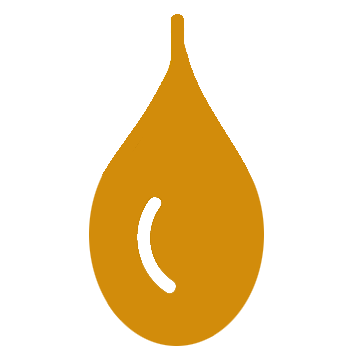
Water Use & Drought Tolerance
Research on drought tolerance and water use allows Washington turfgrass seed producers to grow seed to produce sustainable lawns and green spaces that stand up to drought and use less water.
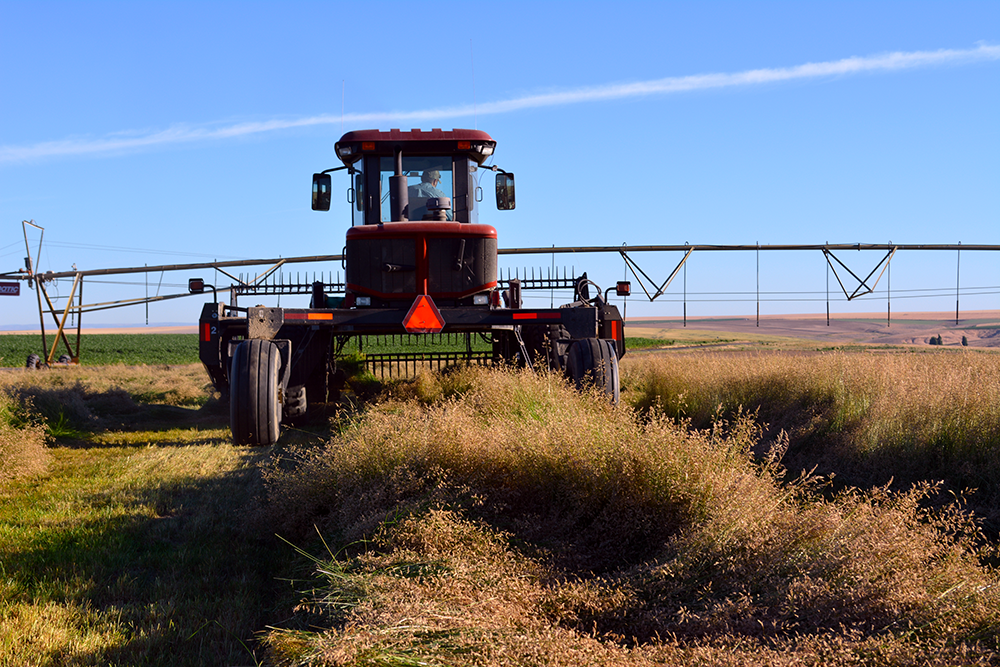
National Evaluation of Cool-Season Turfgrass Water Use and Drought Resistance (2019)
More Info
As discussed at previous WTSC meetings, the United States Golf Association (USGA) budgeted considerable funding to conduct a national water use and drought tolerance trial, utilizing the National Turfgrass Evaluation Program (NTEP) as its evaluation organization….
National Evaluation of Cool-Season Turfgrass Water Use and Drought Resistance (2018)
More Info
As discussed at previous WTSC meetings, the United States Golf Association (USGA) budgeted considerable funding to conduct a national water use and drought tolerance trial, utilizing the National Turfgrass Evaluation Program (NTEP) as its evaluation organization….
National Evaluation of Cool-Season Turfgrass Water Use and Drought Resistance (2017)
More Info
As discussed at previous WTSC meetings, the United States Golf Association (USGA) budgeted considerable funding to conduct a national water use and drought tolerance trial, utilizing the National Turfgrass Evaluation Program (NTEP) as its evaluation organization…
National Evaluation of Cool-Season Turfgrass Water Use and Drought Resistance (2016)
More Info
This is an exciting new project that will evaluate, through a nationwide trial, Kentucky bluegrass and tall fescue for their water use and drought resistance…

Social and Climate
Social and Climate research helps Washington turfgrass seed producers understand the perception of natural turfgrass and the direct and indirect challenges to our society and environment.
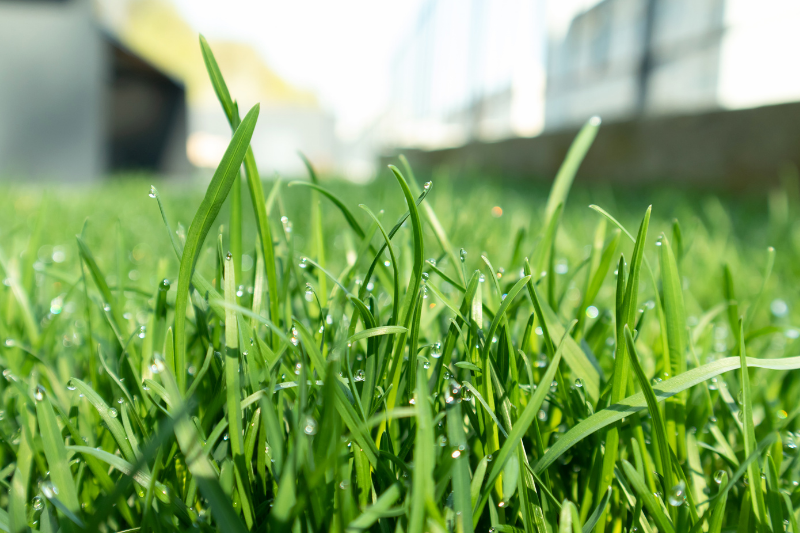
Performance And Recovery Of Turfgrass In Grass Pavers For Stormwater Infiltration
Quality And Traffic Stress (2023)
Stay Up to Date on Our News
Head Office
6601 W Deschutes Ave., Suite C-2, Kennewick, WA 99336
Call Us
(509) 585-5460
EMAIL US
Fill out our Contact Form
